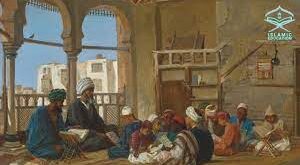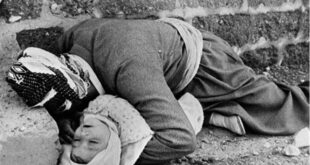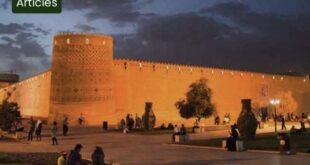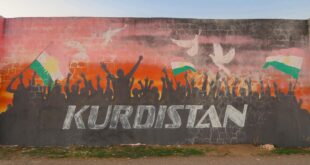The Sharafnama (Kurdish: شەرەفنامە Şerefname, “The Book of Honor”, Persian: Sharafname, شرفنامه) is the famous book of Sharaf al-Din Bitlisi(a medieval Kurdish historian and poet) (1543–1599), which he wrote in 1597, in Persian. Sharafnama is regarded as an important and oldest source on Kurdish history. It deals with the different Kurdish dynasties such as, Saladin the Great and his Ayyubid Dynasty, ancient and Medieval Kurdish principalities in the Middle-Eastand the Caucasus, as well as some mentioning about the pre-Islamic ancestors of the Kurds.
History
In 1578, Sharafkhan abandons his previous stand, and supports the Ottomans in their war against the Iranians, offering them 400 soldiers. Between 1578 and 1588, Sharafkhan virtually led all the Ottoman wars against the Persians. Sultan Murad III, the Ottoman Sultan, grants Sharafkhan the title of Khan. He becomes the Mirof the Batlisi province. As he turned 53, Sharafkhan gives the authority of his dynasty to his son Shamsaddin Bag Abu Alma’ali. He begins writing the book Sharafnama in 1597.
TranslationsEdit
 History of Kurdistan
History of Kurdistan



